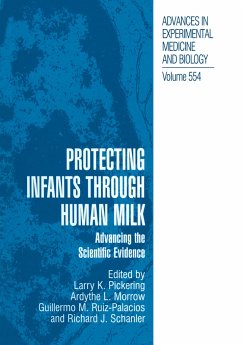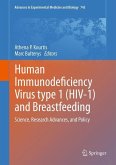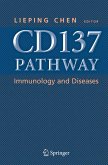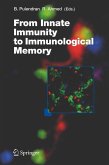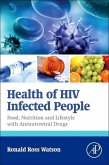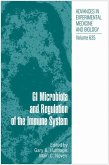Protecting Infants through Human Milk: Advancing the Scientific Evidence provides a forum in which basic scientists, clinicians, epidemiologists, and policy makers exchange the latest findings regarding the effects of human milk and breastfeeding on infant and maternal health, thereby fostering new and promising collaborations. This volume also integrates data from animal and in vitro laboratory studies with clinical and population studies to examine human milk production and composition, the mechanisms of infant protection and/or risk from human milk feeding, and proposed interventions related to infant feeding practices. Additionally, it stimulates critical evaluation of, and advances in, the scientific evidence base and research methods, and identifies the research priorities in various areas.
Hinweis: Dieser Artikel kann nur an eine deutsche Lieferadresse ausgeliefert werden.
Hinweis: Dieser Artikel kann nur an eine deutsche Lieferadresse ausgeliefert werden.
From the reviews:
"The papers in this volume present current research on the complex composition of human milk and its biological and nutritional role, its effects on infant and maternal health ... . There is much here to assist IBCLCs ... . a valuable resource for medical practitioners, nutritionists, and other clinicians working with breastfeeding women and their infants; for medical and nursing educators; and for researchers in public health, immunology, and the biological sciences. It should be on the library shelves of all institutions ... ." (Virginia Thorley, Journal of Human Lactation, Vol. 21 (4), 2005)
"The papers in this volume present current research on the complex composition of human milk and its biological and nutritional role, its effects on infant and maternal health ... . There is much here to assist IBCLCs ... . a valuable resource for medical practitioners, nutritionists, and other clinicians working with breastfeeding women and their infants; for medical and nursing educators; and for researchers in public health, immunology, and the biological sciences. It should be on the library shelves of all institutions ... ." (Virginia Thorley, Journal of Human Lactation, Vol. 21 (4), 2005)

